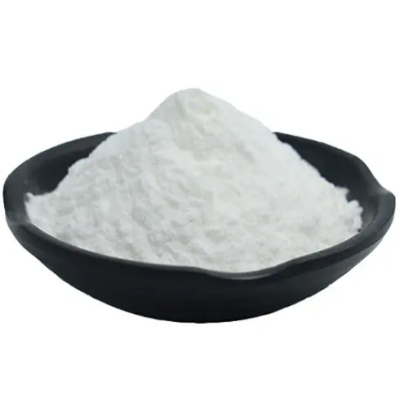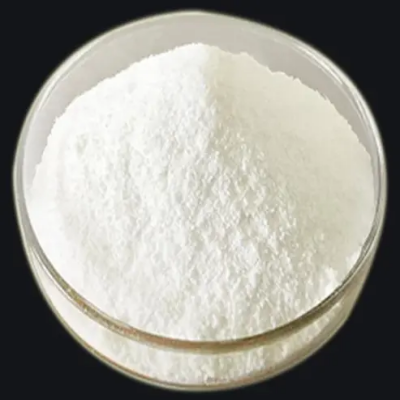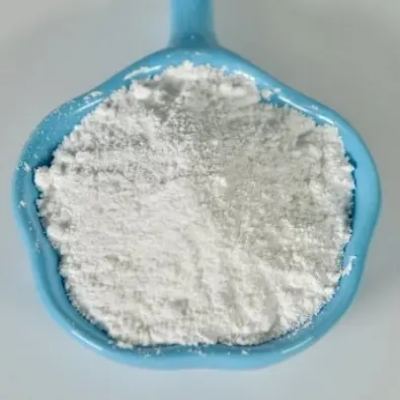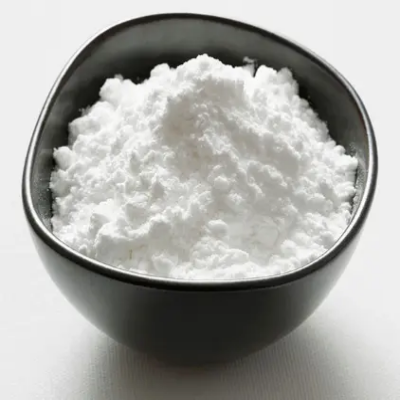Adipicacid CAS:124-04-9
The versatile nature of adipic acid enables its wide-ranging application across multiple industrial sectors, illustrating its importance as a foundational compound in chemical manufacturing, polymer synthesis, and material science. In the polymer industry, adipic acid serves as a key building block in the production of nylon-6,6, a high-performance engineering polymer widely used in fibers, plastics, and industrial materials. Through condensation polymerization with hexamethylenediamine, adipic acid contributes to the formation of nylon-6,6, which exhibits exceptional strength, durability, and heat resistance, making it suitable for applications in textiles, automotive components, and consumer goods. Additionally, adipic acid's utility extends to the synthesis of polyurethane resins and elastomers, where it functions as a raw material for creating flexible foams, coatings, and adhesives, highlighting its significance in the formulation of versatile polymeric products with diverse mechanical properties and applications. Furthermore, adipic acid finds extensive use in the manufacture of adipic esters, which serve as plasticizers in polymer formulations, lubricant additives, and precursor chemicals for specialty materials. Its incorporation into ester compounds enhances their performance attributes, such as flexibility, low-temperature properties, and hydrolytic stability, addressing the demands of various industries, including plastics, coatings, and personal care products. The versatility of adipic acid-derived esters supports the development of tailored formulations for specific applications, contributing to the optimization of material properties and functional characteristics. Moreover, adipic acid plays a critical role in the synthesis of adipic dihydrazide, a cross-linking agent and curing agent used in the production of epoxy resins, coatings, and composites. Its ability to facilitate controlled cross-linking reactions and enhance the mechanical properties of polymeric matrices underscores its importance in the formulation of advanced materials with improved durability, adhesion, and impact resistance, meeting the requirements of demanding industrial applications, including aerospace, electronics, and protective coatings. Additionally, adipic acid is utilized in the pharmaceutical and agricultural industries for the synthesis of active pharmaceutical ingredients and agrochemical intermediates. Its involvement in these sectors underscores its value as a versatile chemical building block that contributes to the production of essential compounds with therapeutic and agricultural applications, supporting advancements in healthcare, crop protection, and chemical research. Overall, the broad spectrum of uses of adipic acid emphasizes its significance as a versatile compound with diverse applications in polymer synthesis, material formulation, and chemical manufacturing, underscoring its pivotal role in driving material innovation, process development, and industrial progress.



| Composition | C6H10O4 |
| Assay | 99% |
| Appearance | white powder |
| CAS No. | 124-04-9 |
| Packing | Small and bulk |
| Shelf Life | 2 years |
| Storage | Store in cool and dry area |
| Certification | ISO. |









